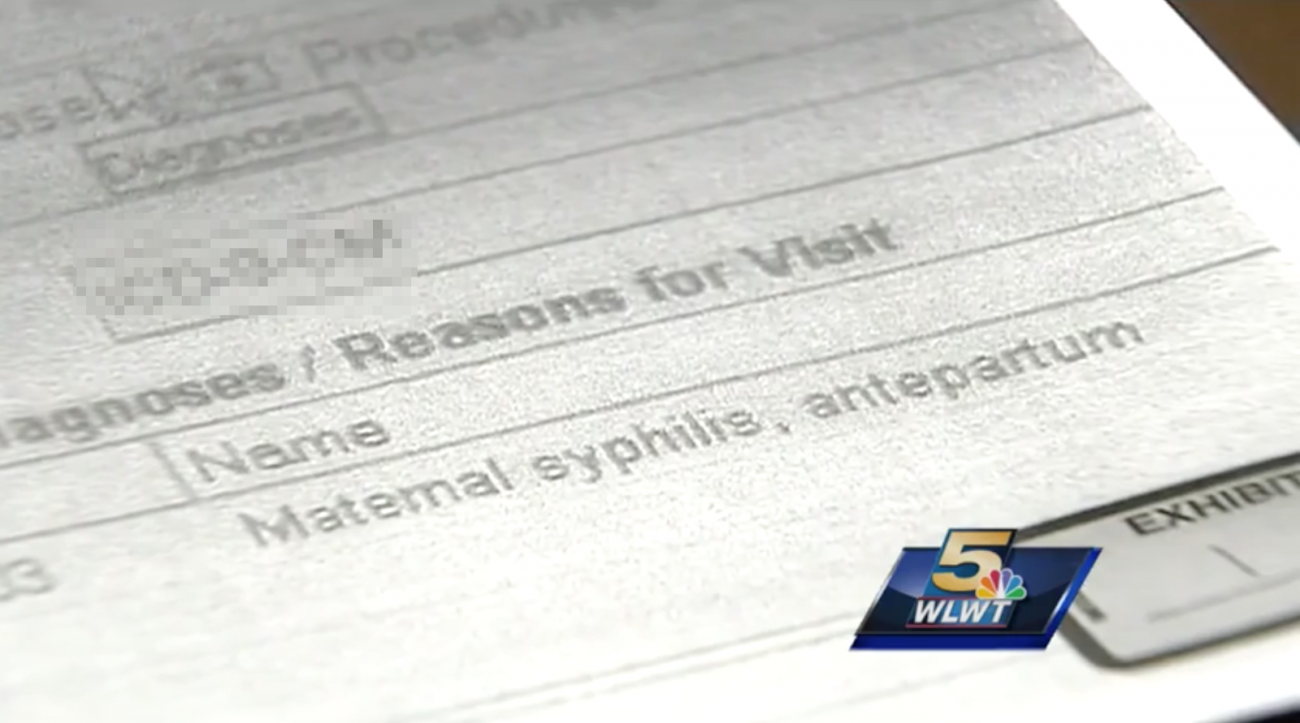By Charlene Sakoda, Odd News, June 4, 2014
An unnamed Cincinnati woman has filed a lawsuit against the University of Cincinnati (UC) Medical Center alleging that their employees posted her private medical records, including her positive diagnosis for a sexually transmitted disease, on Facebook. Mike Allen, the woman’s attorney, spoke to WLWT News 5, “She was absolutely devastated. That is the most private of private medical information that was posted on Facebook and went out to a group on Facebook that had a huge dissemination.” A screenshot of the woman’s medical record with her personal information and syphilis diagnosis, was posted to a Facebook group called “Team No Hoes,” which has over 2,300 members. The court documents indicate that comments followed the post calling the woman a “’hoe’ and a ‘slut.’”
The lawsuit names UC employee Ryan Rawls, another unnamed UC employee (believed to be a nurse), and the victim’s ex-boyfriend, Raphael Bradley. The station tried to get a comment from the named defendants but there was no answer at either home.
 |
| Exhibit 1 of the lawsuit: a screenshot of the victim’s medical record that was posted on Facebook. (WLWT) |
Allen said that the woman’s ex-boyfriend convinced the UC employees to release the medical records, which was in violation of state and federal laws. “To have that kind of information in the public domain when it is clearly legally to be protected, that’s a problem and that’s a problem that UC’s responsible for,” the attorney said.
Diana Lara, spokeswoman for the UC Medical Center, told WLWT that they have not yet received the lawsuit, and they could not comment on pending litigation.
The lawsuit is asking UC Medical Center to examine their procedures to prevent an incident like this in the future. They are also seeking more than $25,000 in damages and a jury trial. About his client, Allen said, “She doesn’t want to go out. She doesn’t want to talk to people. People who were formerly her friends have made fun of her for it. She’s chastised in the community and all of this could’ve been avoided if UC Med Center had proper protections in place.”







Add a comment